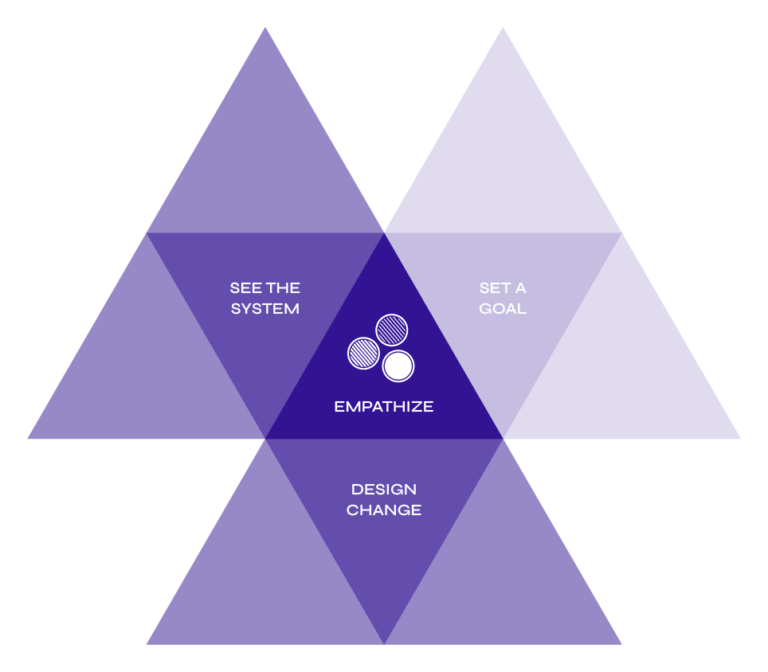Student survey data about developmental relationships inform the work of network teams.


Understanding students’ classroom experiences and relationships is key to unearthing problems in school systems. Using student survey data, the Network for College Success (NCS) delved into students’ perspectives—especially from marginalized youth—on student-adult rapport. Bringing student perspectives to the forefront allowed participating schools to do important identity work and identify change ideas around power sharing and relationships.
In this case study, adults empathize with students in order to see the system and design change. Learn more about the student-powered improvement framework here.

Developmental relationships are an important aspect of work in the UChicago Network for College Success (NCS). To gain empathy for students’ perspectives about developmental relationships, several high schools used the Developmental Relationships survey from the Search Institute. Student data from the survey help teams “see the system” from students’ perspectives and are used to inspire change ideas.
Student survey data is one way to directly gather students’ voices about their school and classroom experiences and relationships. “We must lean into the idea that students are the living experts,” said Andrea Cortes, NCS Postsecondary Coach. Regina Pretekin, a Lead Postsecondary Coach, added, “Student survey data helps us cut out the assumptions that we make as adults about what is going on.”
A Developmental Relationships Survey from the Search Institute was piloted in seven network schools. The 15-question survey asks students about five elements of relationships: express care, share power, provide support, expand possibilities, and challenge growth. The survey includes a series of closed-ended questions as well as two open-ended items. Examples of survey items include:
Survey results are available on a data dashboard developed by NCS, including overall results across participating schools as well as student group filters (e.g., school, gender, race). To review the data, teams of adults use a protocol that was developed, tested, and iterated over time to include the following:
As part of the final step of the protocol, teams may generate immediate, small change ideas to test. In one meeting, for example, the team identified a need to address power sharing in classrooms. One of the change ideas that emerged was for student volunteers—rather than teachers—to lead classroom socio-emotional learning (SEL) check-ins at the beginning of class. Other action steps that were tied directly to the student voice data were:
An important step was to share the findings back with students to let them know they were heard and that action was taken.
Check out the Developmental Relationship Survey components here and visit the Search Institute’s site for more information about their approach and their free, downloadable tools.
A critical feature of the data dashboard that NCS developed for survey results is the ability to filter results for different groups of students. “The overall trend looked okay,” said a network coach, “so it was essential to dig deeper to see which students were less likely to express the elements of developmental relationships.” Once these students were identified, some schools conducted empathy interviews with them to learn more.
The Developmental Relationship Survey is not given or analyzed in isolation from other strategies. Across the participating schools, adults have engaged in deep and ongoing ways to unpack their own identities and power and how these intersect with student relationships. The adults also worked on concepts of power and privilege, including concepts of power over versus power with. A network coach said, “School teams need to continue to do identity work around power and relationships — centering race and interrogating race.”